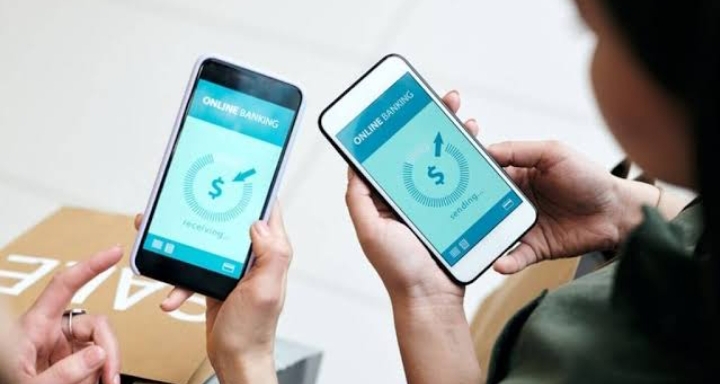LATAM Payments Giant Mercado Pago Launches Fresh Crypto Adoption Drive

The Latin American e-commerce heavyweight Mercado Libre has taken another step into the world of crypto – and will pay its customers to refer friends to the crypto trading service on Mercado Pago, its e-pay app.
Mercado Libre is often dubbed the LATAM Amazon and has hundreds of millions of users across the region. It began accepting Bitcoin (BTC) as a means of payment back in 2021.
Its payments app Mercado Pago has crypto trading functions and allows customers to buy and sell BTC, as well as Ethereum (ETH) and stablecoins.
And in a bid to boost adoption, Mercado Pago stated that its crypto-trading customers would receive BRL 10 (around $2) in credit for each fellow Mercado Pago user they “introduce” to the company’s crypto-trading solutions.
Per the media outlet Livecoins, users were told that they could invite up to 10 friends to use the platform – and pick up a maximum of BRL 100 (approximately $20) in the process.
Customer accounts will be credited with the payments within 72 hours of the invitee’s first crypto purchase on the platform.
Mercado Pago also claimed that “more than 2 million users” have purchased crypto assets on its platform in Brazil and Mexico.
Mercado Libre: What’s Behind the Crypto Adoption Push?
In January 2022, Marcado Libre invested in the crypto exchange platforms Mercado Bitcoin and Paxos, two of LATAM’s biggest players. These partnerships have quickly borne fruit: Mercado Pago’s own crypto functions are powered by Paxos.
Late last year, Mercado Pago launched a “crypto educational campaign” – in a bid to help its customers learn more about crypto.
Mercado Libre’s Argentinean CEO, Marcus Galperin, is a notable crypto advocate.
In 2021, he opined that bitcoin was a better store of value than gold. In the summer of last year, Mercado Libre launched an Ethereum-based ERC-20 crypto asset named Mercado Coin for use in its loyalty programs.
At the time, Galperin called coin a “step toward democratizing financial inclusion in Latin America.”














